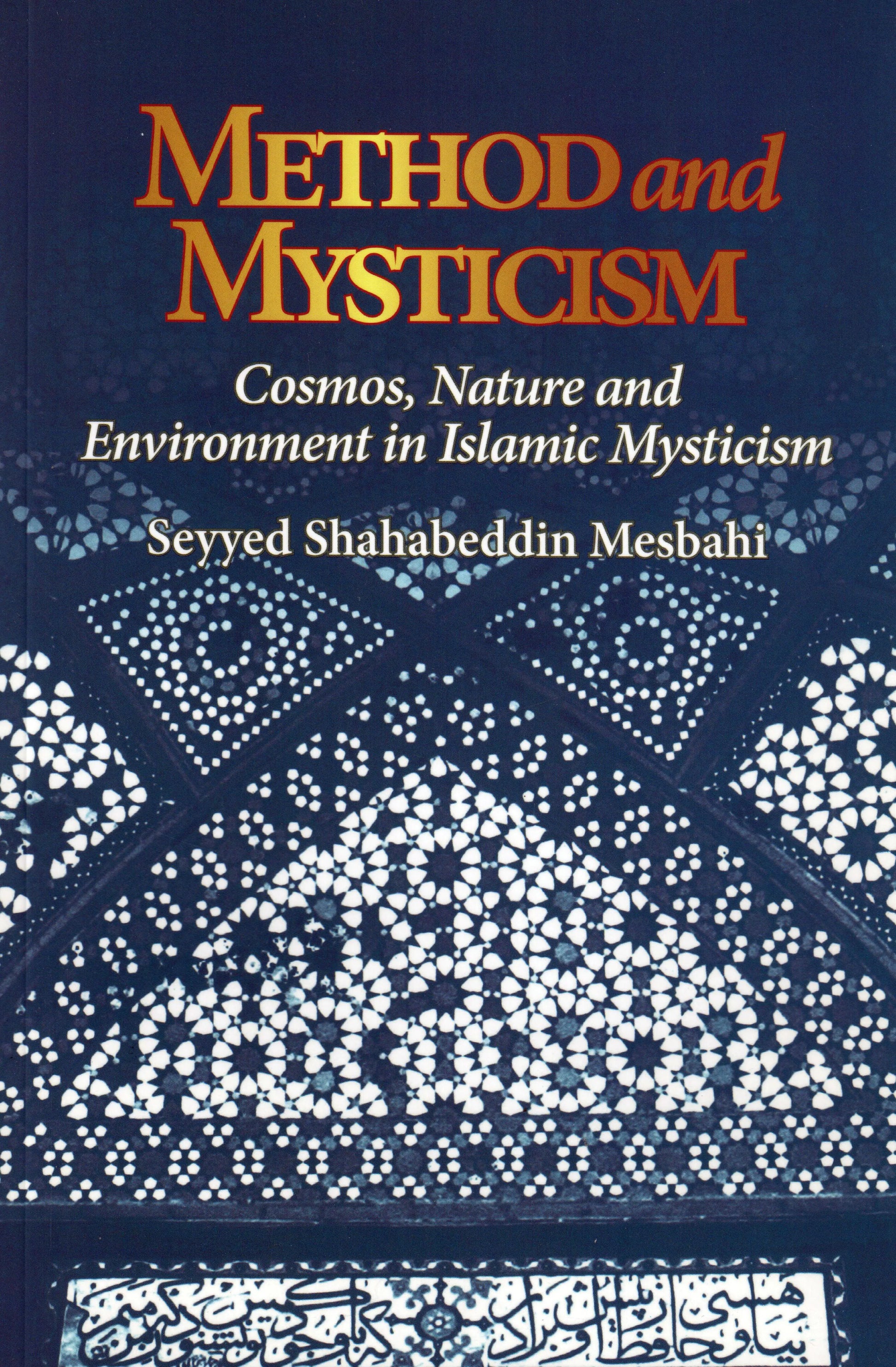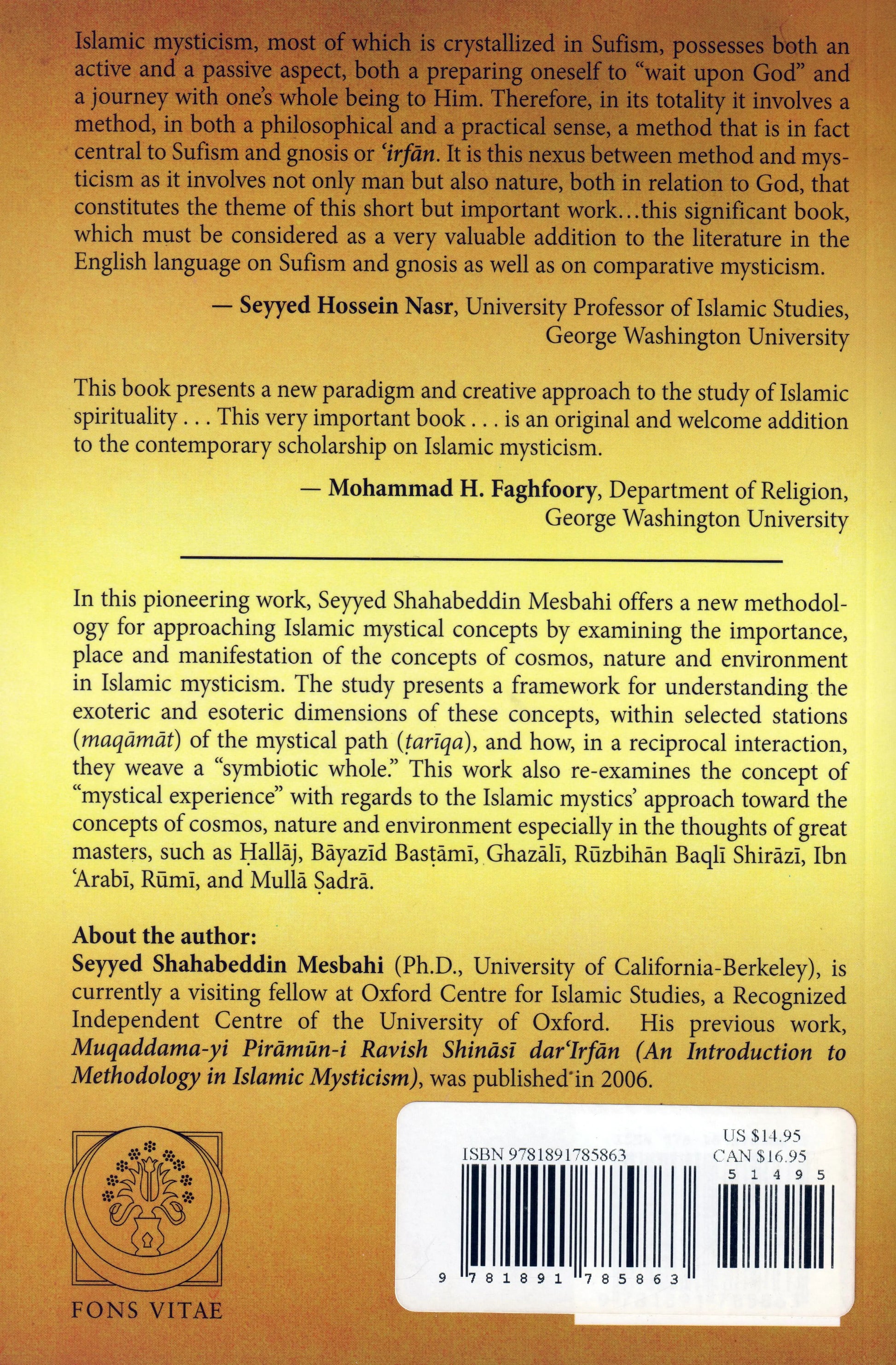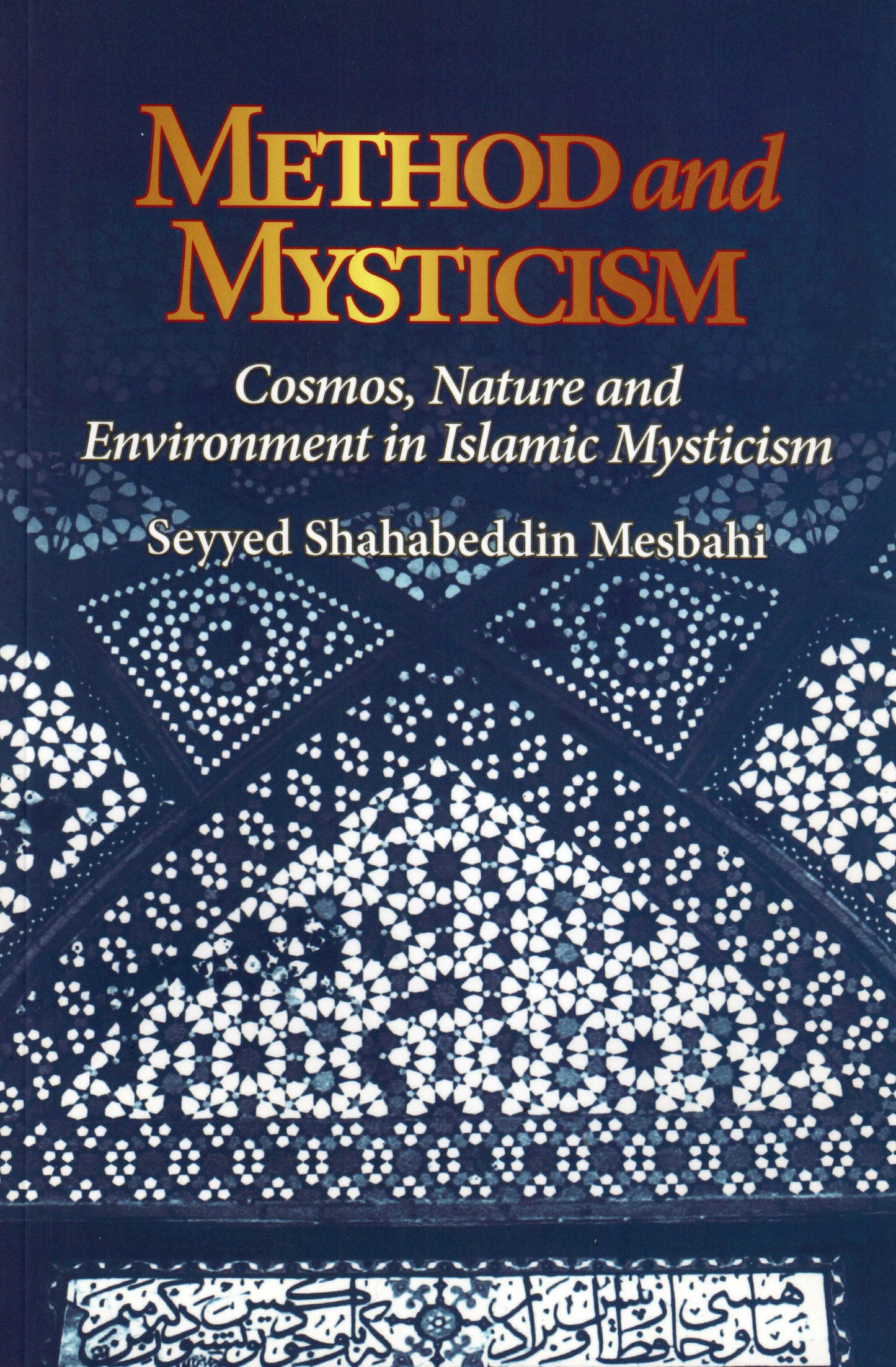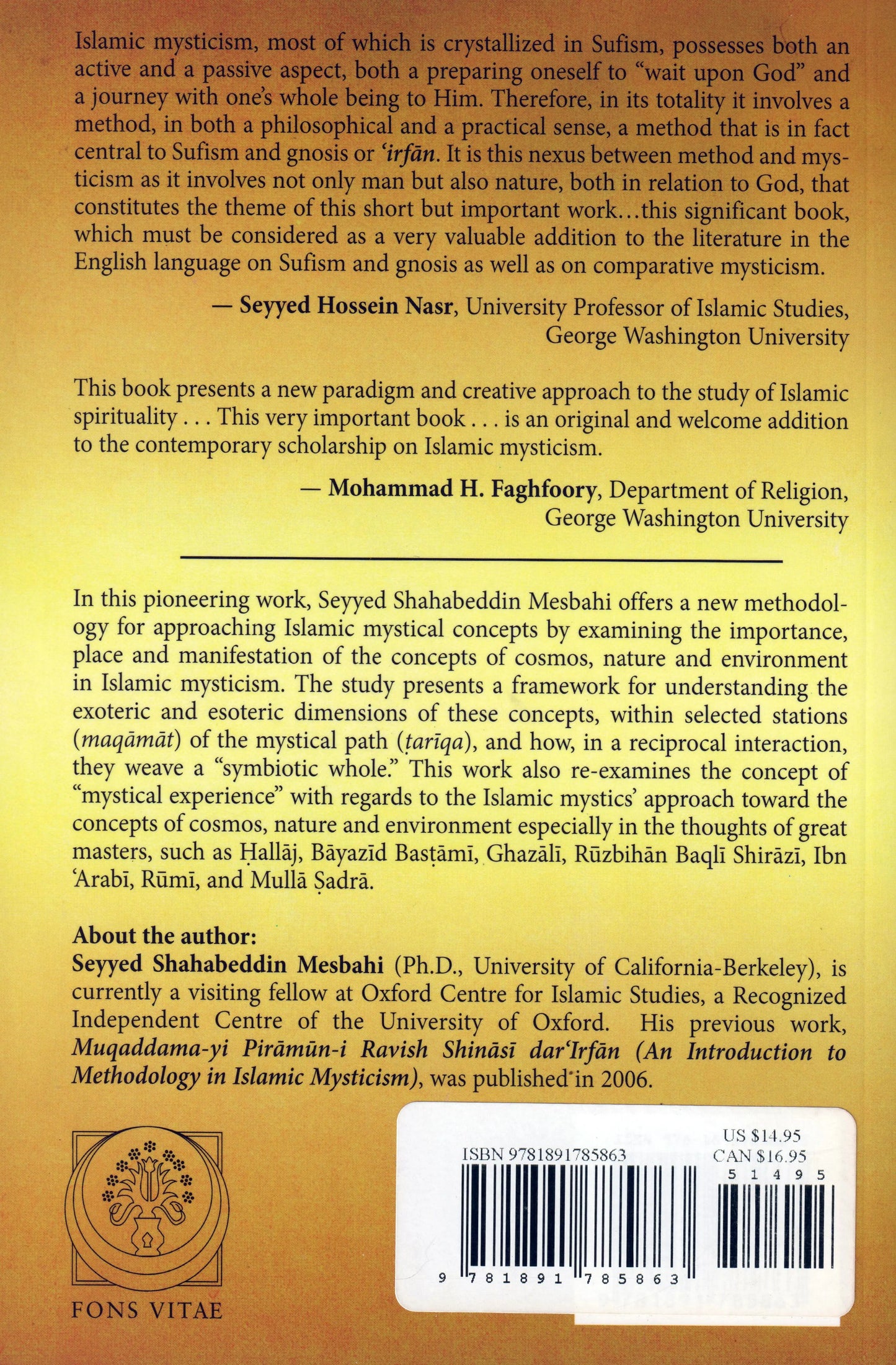About The Book
In this pioneering work, Seyyed Shahabeddin Mesbahi offers a new methodology for approaching Islamic mystical concepts by examining the importance, place and manifestation of the concepts of cosmos, nature and environment in Islamic mysticism.
The study presents a framework for understanding the exoteric and esoteric dimensions of these concepts, within selected stations (maqamat) of the mystical path (tariqa), and how, in a reciprocal interaction, they weave a “symbiotic whole.”
This work also reexamines the concept of “mystical experience” with regards to the Islamic mystics’ approach toward the concepts of cosmos, nature and environment especially in the thoughts of great masters, such as Hallaj, Bayazid Bastami, Ghazali, Ruzbihan Baqli Shirazi, Ibn ‘Arabi, Rumi, and Mulla Sadra.
About The Author
Seyyed Shahabeddin Mesbahi (Ph.D., University of CaliforniaBerkeley), is currently a visiting fellow at Oxford Centre for Islamic Studies, a Recognized Independent Centre of the University of Oxford. His previous work, Muqaddamayi Piramun-i Ravish Shinasi dar‘Irfan (An Introduction to Methodology in Islamic Mysticism), was published in 2006.
----------------------------------
Reviews
Islamic mysticism, most of which is crystallized in Sufism, possesses both an active and a passive aspect, both a preparing oneself to “wait upon God” and a journey with one’s whole being to Him. Therefore, in its totality it involves a method, in both a philosophical and a practical sense, a method that is in fact central to Sufism and gnosis or ‘irfan. It is this nexus between method and mysticism as it involves not only man but also nature, both in relation to God, that constitutes the theme of this short but important work...this significant book, which must be considered as a very valuable addition to the literature in the English language on Sufism and gnosis as well as on comparative mysticism.
— Seyyed Hossein Nasr, University Professor of Islamic Studies, George Washington University
This book presents a new paradigm and creative approach to the study of Islamic spirituality. This very important book is an original and welcome addition to the contemporary scholarship on Islamic mysticism.
— Mohammad H. Faghfoory, Department of Religion, George Washington University
show more




